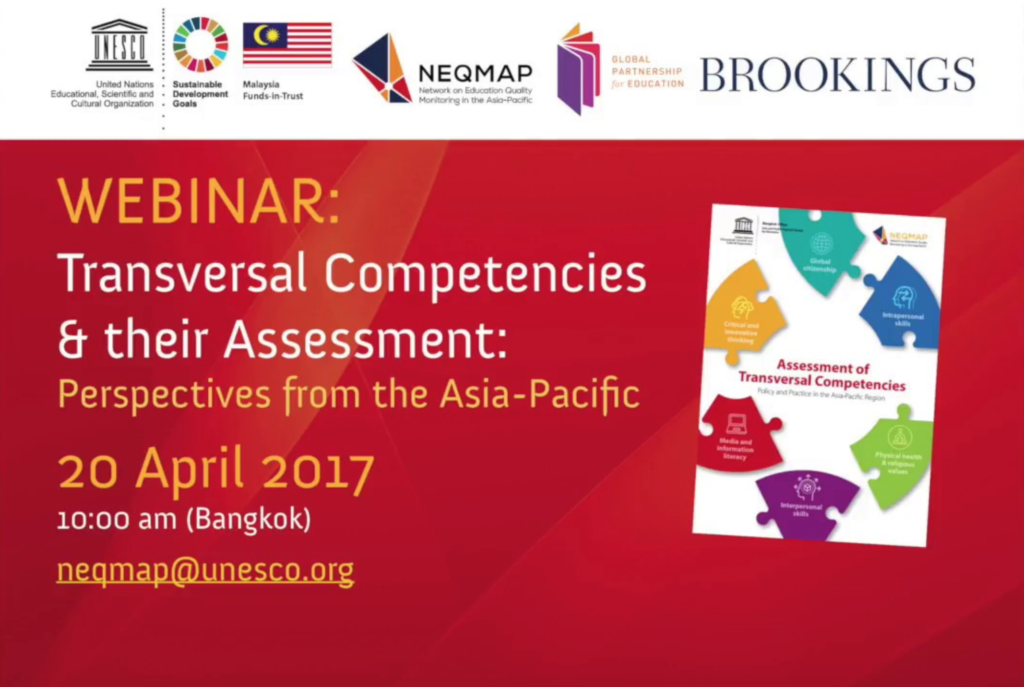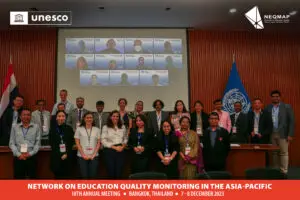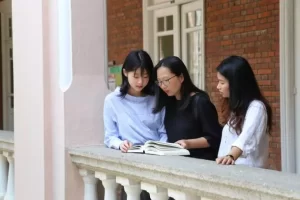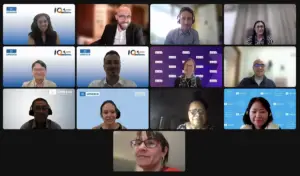On April 20,2017, the NEQMAP Secretariat at UNESCO Bangkok Office hosted an interactive webinar on “Transversal Competencies & their Assessment: Perspectives from Asia-Pacific” at 10 am from Bangkok, Thailand.
BACKGROUND:
Our ever-changing world requires learners to be equipped with the knowledge and skills to cope with constant social and economic change, as well as to adapt to and manage unpredictable realities. This requires a transformation of education and training to nurture transversal (or 21st century) competencies.
Teaching and assessing these competencies can be a complex endeavor given the lack of conceptual clarity, outdated curricula and teacher-centered pedagogical approaches and training. Countries are now increasingly integrating transversal competencies into their curricula and assessment systems. However, a large gap remains between the goals of education systems to integrate these competencies, and how they are assessed in reality.
In light of this, UNESCO Bangkok’s Network on Education Quality Monitoring in the Asia Pacific (NEQMAP) carried out a regional study aiming to explore the different approaches to assessing these competencies, the challenges encountered, and lessons learned in the process. The study covered nine countries/jurisdictions in the Asia-Pacific region. To share the findings of this study, the NEQMAP Secretariat hosted a webinar on Thursday, 20 April 2017 (10 am in Bangkok).
The webinar began with a presentation by Dr. Samuel Kai Wah Chu, who shared the experience of Hong Kong (China). Then, Dr. Esther Care highlighted the findings of the regional study through a focused discussion on existing policies and practices in assessing transversal competencies, and the road ahead in ensuring they are fully reflected and measured by education systems.
AGENDA:
1. Brief introduction by the NEQMAP Secretariat
2. Dr. Samuel Kai Wah Chu (University of Hong Kong)
3. Dr. Esther Care (Brookings Institute)
4. Q&A session






